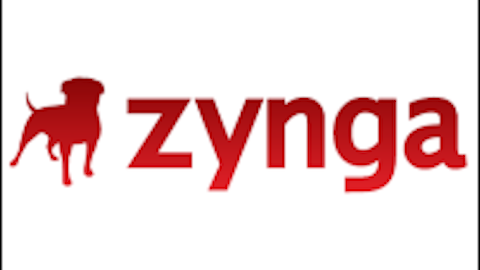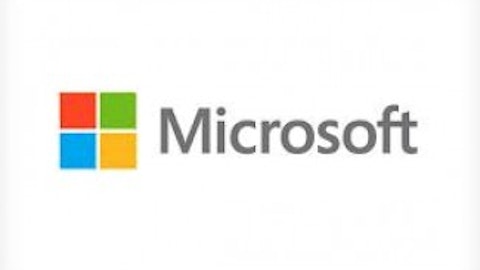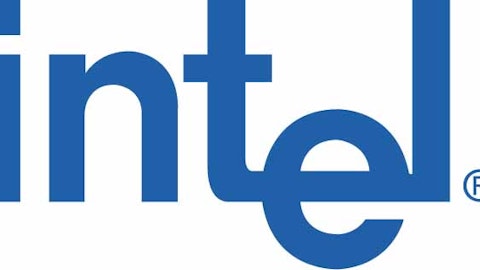
Core Yahoo!
In 2Q13, Yahoo! Inc. (NASDAQ:YHOO)’s topline came in $1.14 billion which is a 7% decline on a Y/Y basis. Yahoo’s operating income stood at $137 million, which represents a 12% operating margin. The company’s net income surged to $331 million, which represents a net income margin of 29%, or a diluted EPS of $0.30.
The healthy increase in Yahoo’s bottom line was heavily driven by equity earnings from Yahoo Japan and Alibaba. The combined earnings from those holdings for 2Q13 came in at $225 million or 67% of total Yahoo’s net income.
Display and Search in decline
However, Yahoo! Inc. (NASDAQ:YHOO)’s core business is still seeing declines in terms of revenues and price per ad. Yahoo’s display revenues declined 12% Y/Y to $472 million. But the real disappointment in Yahoo’s display fortunes was the 2% Y/Y decrease in the number of ads sold and a sizable 12% Y/Y decrease in the price per ad. This shows that making Yahoo! even a moderately growing business will take some time.
On the search side, Yahoo’s revenues stood at $418 million for 2Q13 a 9% Y/Y decline. In spite of the decline, the amount of Paid Clicks increased 21% Y/Y, but the price per click came down 8% Y/Y. However, Yahoo is not the only Internet name to see more ads being portrayed but at a lower price. The 800 pound gorilla in the search space, Google Inc (NASDAQ:GOOG). In Q2 2013, Google Inc (NASDAQ:GOOG) reported very similar trends–paid clicks increased 23% Y/Y and the cost-per-click decreased 6%. The news of Google Inc (NASDAQ:GOOG)‘s decline in CPC led to a sharp sell-off of Google shares. However, unlike Yahoo! Inc. (NASDAQ:YHOO), Google’s revenue growth has been increasing at a healthy clip of more than 19%.
Yahoo extended the revenue per search (RPS) guarantee with Microsoft Corporation (NASDAQ:MSFT) in Q2 for another year, and will receive fixed quarterly payments during the period. Yahoo will be investing in search to ramp up its growth in search, and is actively working with Microsoft’s Bing to ramp up search usage. However, Yahoo’s management doesn’t expect Microsoft Corporation (NASDAQ:MSFT)’s guarantee to cause a material positive impact on Yahoo’s revenues, so it is likely a very small portion of total search revenues for Yahoo.
However, in the U.S. search market, Microsoft Corporation (NASDAQ:MSFT) has increased its market share to 17.9%, at the expense of Yahoo which fell to 11.4% in the month of June, according to comScore. Yahoo’s revenues from display and search are expected to be flat, and/or lose market share to stronger Internet rivals in the near future.
And Microsoft can likely capitalize on this weakness from Yahoo! Inc. (NASDAQ:YHOO) and gain more market share in the search engine space, and gain more ground on Google. But Google’s search platform has been dominating the search engine market with more than 65% market share for years, a phenomenon that will almost certainly continue for a long-time going forward. And this market dominance earned Google roughly $29 billion in revenues from search advertising in the last twelve months, assuming its display business driven by YouTube earned $4.9 billion in the last 4 quarters.
Rising value of Asian Assets
Yahoo! is close to multi-year highs, after the company posted solid numbers for its crown jewel investment, Alibaba. Yahoo! has been very active in M&A and bought a number of small companies to integrate their technologies into various Yahoo! portals. A number of analysts have upgraded Yahoo! to an Overweight Rating, citing that the public market value of Alibaba is now worth up to $120 billion. The value of the company is very heavily tied to Alibaba’s IPO, which protects a substantial amount of downside risk in Yahoo.





